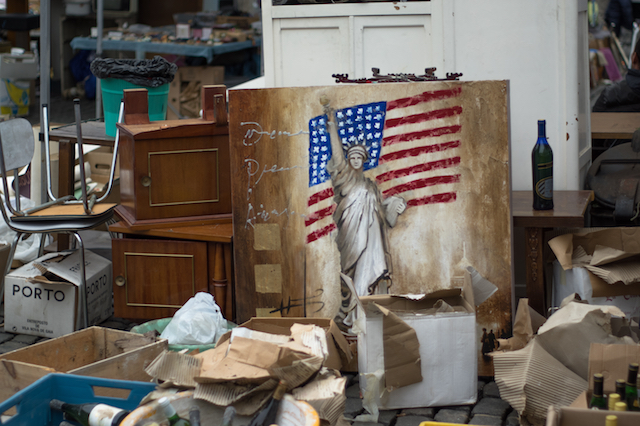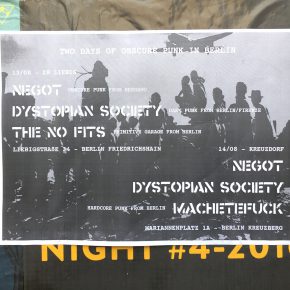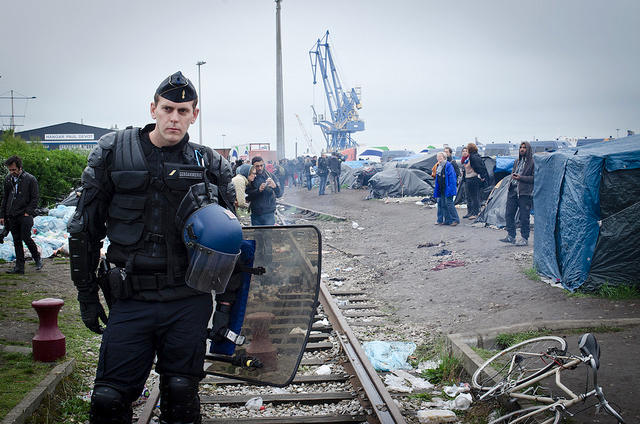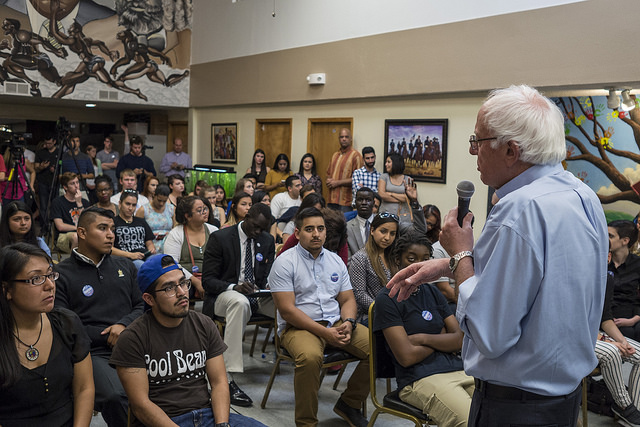The centralized state power, with its ubiquitous organs of standing army, police, bureaucracy, clergy, and judicature – organs wrought after the plan of a systematic and hierarchic division of labor – originates from the days of absolute monarchy, serving nascent middle class society as a mighty weapon in its struggle against feudalism.
Still, its development remained clogged by all manner of medieval rubbish, seignorial rights, local privileges, municipal and guild monopolies, and provincial constitutions. The gigantic broom of the French Revolution of the 18th century swept away all these relics of bygone times, thus clearing simultaneously the social soil of its last hinderances to the superstructure of the modern state edifice raised under the First Empire, itself the offspring of the coalition wars of old semi-feudal Europe against modern France.
During the subsequent regimes, the government, placed under parliamentary control – that is, under the direct control of the propertied classes – became not only a hotbed of huge national debts and crushing taxes; with its irresistible allurements of place, pelf, and patronage, it became not only the bone of contention between the rival factions and adventurers of the ruling classes; but its political character changed simultaneously with the economic changes of society. At the same pace at which the progress of modern industry developed, widened, intensified the class antagonism between capital and labor, the state power assumed more and more the character of the national power of capital over labor, of a public force organized for social enslavement, of an engine of class despotism.
After every revolution marking a progressive phase in the class struggle, the purely repressive character of the state power stands out in bolder and bolder relief. The Revolution of 1830, resulting in the transfer of government from the landlords to the capitalists, transferred it from the more remote to the more direct antagonists of the working men. The bourgeois republicans, who, in the name of the February Revolution, took the state power, used it for the June [1848] massacres, in order to convince the working class that “social” republic means the republic entrusting their social subjection, and in order to convince the royalist bulk of the bourgeois and landlord class that they might safely leave the cares and emoluments of government to the bourgeois “republicans.”
However, after their one heroic exploit of June, the bourgeois republicans had, from the front, to fall back to the rear of the “Party of Order” – a combination formed by all the rival fractions and factions of the appropriating classes. The proper form of their joint-stock government was the parliamentary republic, with Louis Bonaparte for its president. Theirs was a regime of avowed class terrorism and deliberate insult towards the “vile multitude.”

If the parliamentary republic, as M. Thiers said, “divided them [the different fractions of the ruling class] least”, it opened an abyss between that class and the whole body of society outside their spare ranks. The restraints by which their own divisions had under former regimes still checked the state power, were removed by their union; and in view of the threatening upheaval of the proletariat, they now used that state power mercilessly and ostentatiously as the national war engine of capital against labor.
In their uninterrupted crusade against the producing masses, they were, however, bound not only to invest the executive with continually increased powers of repression, but at the same time to divest their own parliamentary stronghold – the National Assembly – one by one, of all its own means of defence against the Executive. The Executive, in the person of Louis Bonaparte, turned them out. The natural offspring of the “Party of Order” republic was the Second Empire.
The empire, with the coup d’etat for its birth certificate, universal suffrage for its sanction, and the sword for its sceptre, professed to rest upon the peasantry, the large mass of producers not directly involved in the struggle of capital and labor. It professed to save the working class by breaking down parliamentarism, and, with it, the undisguised subserviency of government to the propertied classes. It professed to save the propertied classes by upholding their economic supremacy over the working class; and, finally, it professed to unite all classes by reviving for all the chimera of national glory.
In reality, it was the only form of government possible at a time when the bourgeoisie had already lost, and the working class had not yet acquired, the faculty of ruling the nation. It was acclaimed throughout the world as the savior of society. Under its sway, bourgeois society, freed from political cares, attained a development unexpected even by itself. Its industry and commerce expanded to colossal dimensions; financial swindling celebrated cosmopolitan orgies; the misery of the masses was set off by a shameless display of gorgeous, meretricious and debased luxury.
The state power, apparently soaring high above society and the very hotbed of all its corruptions. Its own rottenness, and the rottenness of the society it had saved, were laid bare by the bayonet of Prussia, herself eagerly bent upon transferring the supreme seat of that regime from Paris to Berlin.

Imperialism is, at the same time, the most prostitute and the ultimate form of the state power which nascent middle class society had commenced to elaborate as a means of its own emancipation from feudalism, and which full-grown bourgeois society had finally transformed into a means for the enslavement of labor by capital.
The direct antithesis to the empire was the Commune. The cry of “social republic,” with which the February Revolution was ushered in by the Paris proletariat, did but express a vague aspiration after a republic that was not only to supercede the monarchical form of class rule, but class rule itself. The Commune was the positive form of that republic.
Paris, the central seat of the old governmental power, and, at the same time, the social stronghold of the French working class, had risen in arms against the attempt of Thiers and the Rurals to restore and perpetuate that old governmental power bequeathed to them by the empire.
Adapted from The Civil War in France, by Karl Marx (1871). Published under a Creative Commons license. Photographs courtesy of Joel Schalit.





